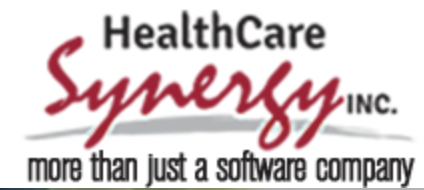RSV UpdatesHealthcare Ready National pediatric bed capacity is the scarcest it has been in two years, with 71 percent of US pediatric hospital beds reported as filled. Since October 21, hospitals in the following states and localities have seen rising pediatric surge: Rhode Island, Washington, Colorado, Texas, Ohio, Louisiana, New Jersey, Massachusetts, Connecticut, Maryland, Virginia, and Washington, DC. The increase in pediatric hospital admissions is largely due to a rise in respiratory-related illnesses, such as respiratory syncytial virus (RSV), enterovirus, and rhinovirus (RSV being the most critical illness for which children are currently being admitted to the hospital). We will be producing a respiratory syncytial virus (RSV) situation report weekly for the foreseeable future as RSV has been surging recently within the pediatric community.
Impact to Healthcare The concurrence of rising RSV cases and preparation for the upcoming flu season is straining pediatric hospitals across the US. Connecticut Children’s Medical Center, Hartford, Connecticut, is working with FEMA to set up medical tents on the hospital lawn because of the increased need for beds. Children’s hospitals in DC, Virginia, and Baltimore are reporting full capacity of available pediatric beds. Based on the experiences of states that are already impacted by the pediatric respiratory illness surges, current trends indicate a likelihood that more states will be impacted. A monoclonal antibody therapy called palivizumab is available to prevent severe RSV illness in certain infants and children who are at high risk for severe disease. It cannot cure or treat children who are already suffering from serious cases of RSV; it is a preventative treatment. |

